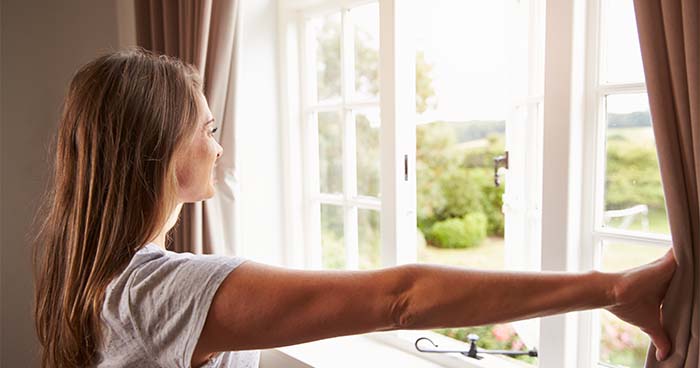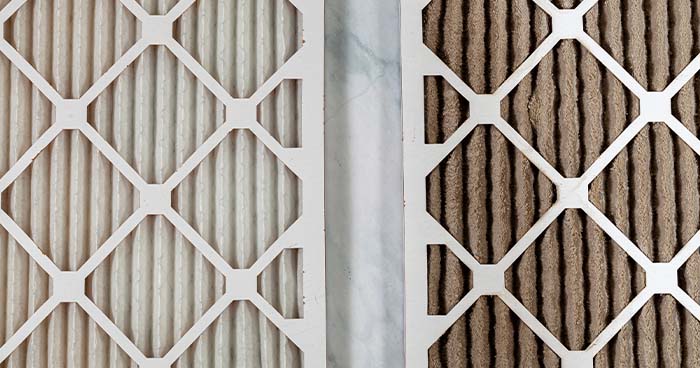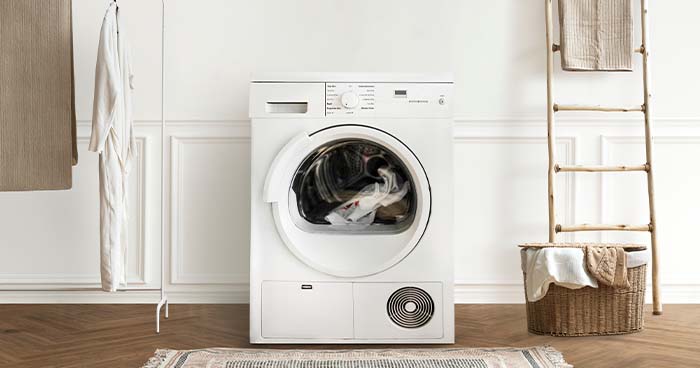Utility bills for the fall and winter tend to be higher than in the summer because we’re using more heating and lighting. Although you can’t avoid paying your utility bill, there are ways to reduce energy usage. Follow these simple tips to lower electric bills this fall and winter.
Open Curtains During the Day to let in Sunlight
Opening up your curtains during the day in winter helps keep your house warmer at night. As sunlight streams into your home during the day, it warms up your indoor environment thanks to the “solar gain” effect.

Closing the curtains at night creates a barrier between the warmth in the room and the gaps in the window, meaning your room stays warmer for longer.
Get a Smart Thermostat
A smart thermostat is like having a personal energy manager in your home. The Wi-Fi-enabled device can be controlled remotely from any device with an internet connection, and it learns your habits and adjusts accordingly. It can even be programmed to automatically adjust the temperature based on when you’re home or away.
Don’t Run Appliances During Peak Hours and Avoid High Rates
Peak hours are the time of day when most people are using electricity. During these times, your power bill can be significantly higher than normal.
Save Money by Using Rugs on Hardwood and Concrete Floors
Some hardwood and concrete flooring are tricky to heat, meaning they aren’t energy efficient. Rugs are an easy way to make your bare floor living space more comfortable without breaking the bank on heating bills.
What’s more, rugs do wonders for softening a room’s look and ambiance while simultaneously providing extra warmth. And the best part is that adding a colorful rug can help brighten and open up even the smallest spaces.
Layer up by Wearing a Cozy Sweater
Feeling chilly? Layer up! Wearing layers is a great way to stay warm and comfortable during winter. Start with a base layer made from wool, then add layers on top, depending on how cold it is outside. Choose your favorite sweater instead of reaching for the heating.

Regularly Change Your Air Filter
Change your heating air filter regularly to help your furnace run efficiently and reduce energy bills.
A dirty filter can reduce airflow to the furnace, which causes more work for the blower motor and increases energy consumption.

It’s important to change filters regularly because they become full of dust, dirt, and other particles. The longer you wait between filter changes, the more energy you waste trying to blow air through a clogged system.
Book Regular Furnace Maintenance Checks
It may seem counterintuitive, but one of the best ways to save money on heating is to spend on maintenance. HVAC checks ensure your system runs as efficiently as possible. Prevent overload and breakdowns by booking your next maintenance check with a professional HVAC technician.
Check for Energy-Consuming Phantom Loads
Phantom loads are electronic devices that continue to draw power even when turned off. These energy vampires end up costing you more on your energy bills.
Check and Seal Air Gaps Around Windows and Where Pipes Enter the Home
Air gaps are spaces where air can pass through without resistance. You usually find these pesky gaps around windows and doors, electrical outlets and light switches, pipes and ducts, and other places in your home.
Wash Clothes on a Cold Water Setting
Using cold water can significantly reduce your energy bill because it uses less electricity than warm water. For example, 90% of energy used by a washing machine is for heating the water.

Cold washing also reduces wear and tear on clothing and keeps colors bright and fresh. Great for your wardrobe and even better for your bank balance.
Check the Temperature of Your Water Heater
Water heaters use up a lot of energy. But the lower the temperature setting, the less energy your water heater will use to heat water. Try resetting to 120 degrees or lower.




